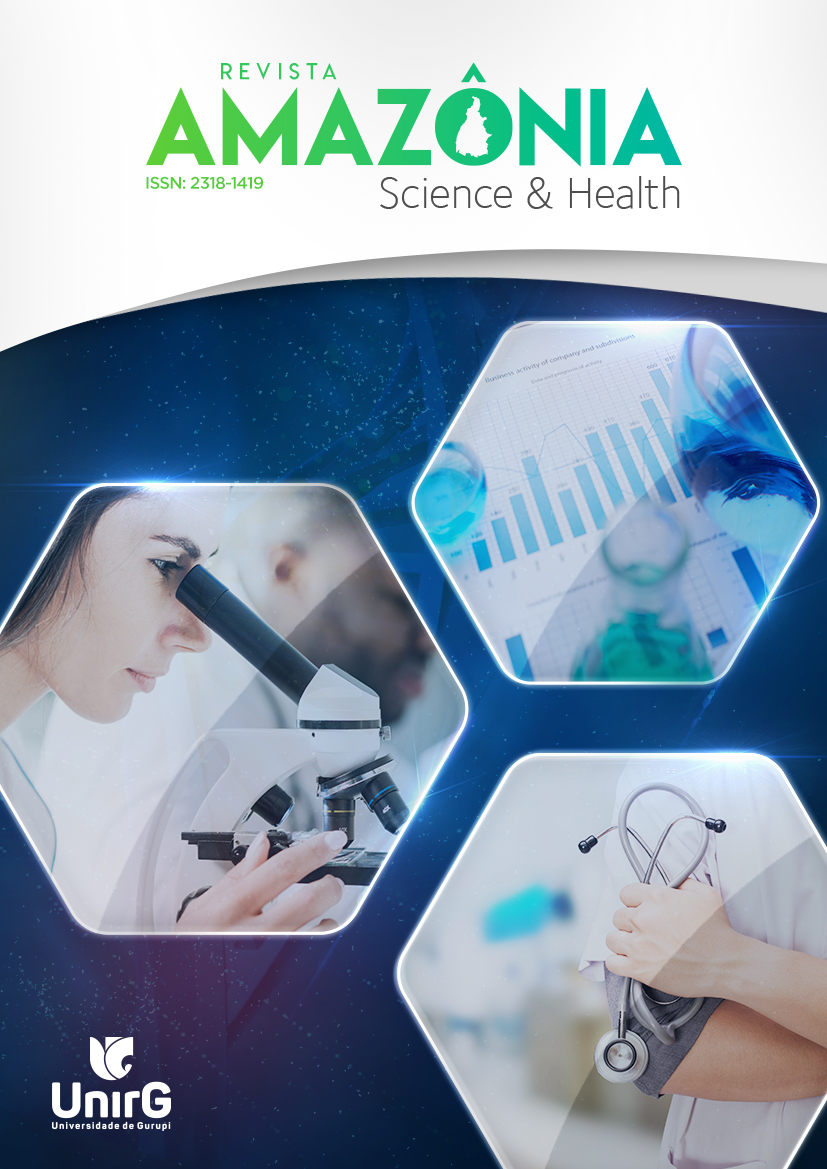Mental Fog – Application Construction on Post-Covid Mental Cloud Signals
Jorge Luiz Lima da Silva, Igor Barreto Meirelles, Willian de Jesus Oliveira, Kevin Sousa Barbosa, Camila de Souza Elethério, Gustavo Martins Lemos
Abstract
The brain fog can be defined as a feeling of being mentally slow, confused or distracted, which makes it difficult to concentrate and reason. Objective: report the experience of building an application for suspected brain fog and raising awareness on the topic. Material and method: this is an experience report of a step-by-step methodological study on the elaboration of the technological prototype that aims to build a hybrid application, desktop and mobile, based on signs and symptoms. Results: the application design was modified so that the steps, interactions and responses to the questionnaires were similar to a chat, in real time. The final corrections and adjustments were made through functional tests and demands that arose during the preparation until the presentation of the final version. Conclusion: it is clear that the “Brain Fog” application could be a useful tool for raising awareness about signs of the condition, as well as a source of information to promote mental health. The product is freely accessible and is receptive to adaptations to suggestions from the community.
Copyright (c) 2024 AMAZÔNIA: SCIENCE & HEALTH

This work is licensed under a Creative Commons Attribution-NonCommercial-NoDerivatives 4.0 International License.
A Revista faz uso da Licença Creative Commons Atribuição-Não Comercial-Compartilha Igual 4.0 Internacional (CC BY-NC-SA 4.0)
Maiores informações sobre a licença disponível em: https://creativecommons.org/licenses/by-nc-sa/4.0/deed.pt
- 1º Os autores cedem à Revista Amazônia: Science & Health os direitos autorais no momento em que submetem seus artigos à mesma. Os autores declaram que o artigo submetido não foi publicado, e não está sendo considerado para publicação, na íntegra ou em parte em outro periódico. Os autores assumem total responsabilidade pela originalidade do artigo, podendo incidir sobre os mesmos, eventuais encargos decorrentes de reivindicação, por parte de terceiros, em relação à autoria do artigo.
- 2º A reprodução total dos artigos da Revista em outros meios de comunicação eletrônicos de uso livre é permitida de acordo com a licença Creative Commons Atribuição-NãoComercial-CompartilhaIgual 4.0 Internacional.
- 3º Para outras situações (reprodução parcial dos artigos, impressão em meio físico, entre outras) é necessária consulta e autorização prévia do Conselho Editorial.


